AI Burnout is reshaping workspace demand,
says Spacemade
FEATURES / 13 AUGUST 2025

The future of work, it seems, is less a triumph of technology than a return to what makes us human. According to flexible workspace operator Spacemade, the rise of AI isn't just changing how people work- it's reshaping what they need from their workspaces. In a climate of productivity overload, Spacemade is seeing rising demand for spaces designed to restore focus, protect boundaries, and foster real human connection.
As AI tools accelerate the pace of work, flex operator Spacemade has reported a marked shift in demand - not for more desks or open-plan sprawl, but for environments that deliver focus, privacy, and moments of genuine human connection.
“AI isn’t just transforming how people work - it’s changing what they need from the workplace,” Jonny Rosenblatt, Co-founder and CEO of Spacemade exclusively tells Flex and The City. “We’re seeing a clear shift away from maximum capacity and towards intentional space use. People want to feel in control of their day, not at the mercy of notifications and noise.”
From the hyper-creative Studio Y in W11 to the flagship opening of Ellisse, in Blackfriars this Autumn – Spacemade's newest sites reflect a focus on space as emotional infrastructure.
Beyond Tech: Space as Emotional Infrastructure
While AI may streamline output, it’s also creating a more cognitively demanding workday. Rather than eliminating the office, it’s reframing its purpose. Across Spacemade’s 15 UK sites, usage patterns reveal a new hierarchy of priorities.

The humble phone booth is one of the clearest examples. Once an afterthought, these compact, enclosed spaces are now the operator’s most in-demand amenity, in use 80% of the time they’re available. As virtual calls multiply, the need for calm, private corners has shifted from luxury to necessity.
Meeting rooms are experiencing a similar renaissance. Pre-AI, only teams of 30 or more typically requested them as part of their workspace. Now, 95% of Spacemade’s tours for teams as small as ten list them as a must-have. It’s a sign that the office is no longer simply a backdrop for individual work, but a deliberate setting for face-to-face collaboration.

Community programming has also taken on new weight. Over the past year, Spacemade has hosted more than 450 events for over 2,500 members. Nearly half attended to network and connect socially, 29% for wellness, and 24% for professional development. From rooftop yoga to industry panels, these moments underline a simple truth: while AI can automate output, it cannot replicate the value of shared human experience.
A Wakeup Call for Landlords and Asset Owners
What’s emerging is a bold challenge to the traditional logic of commercial real estate. Square footage, density, and cost-per-desk are giving way to softer, but no less critical metrics: focus, flexibility, and fulfillment.
“The traditional logic of ‘more desks, more revenue’ is being replaced by a more nuanced model,” said Rosenblatt. “Today’s workspace needs to flex to human rhythms—supporting both the focused individual and the connected team. AI is accelerating that shift.”
The future, he suggests, will belong to spaces that protect concentration as carefully as they encourage collaboration, and that support balance as well as bandwidth.
“The metrics that mattered in 2019—headcount, density, price per desk—aren’t fit for what’s coming,” added Rosenblatt. “What we’re seeing now is a move towards emotional utility. Space needs to earn its place in someone’s week.”
In an age of AI burnout, flex space must slow the pace, protect our boundaries, and invite the kind of connection no algorithm can replace.







Written by
Flex and The City